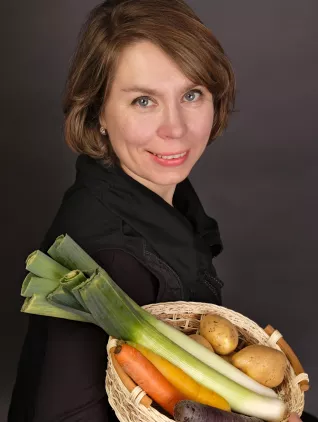Sustainability assessment of participatory production concepts and development of a qualitative assessment tool based on satisfaction
Research project at a glance
Departments and Instituts
Funding type
Period
01.12.2018 to 31.05.2020
Project Description
Doing business sustainably, measuring this and communicating about it is becoming increasingly important - regardless of the size of a company or business. Entrepreneurial/operational and social sustainability are equally important. In an agricultural business, planning security and development opportunities are key parameters, whereas for consumers and other stakeholders, ecology and social issues are particularly important. For small farms, reconciling operational and social sustainability not only means livelihood security in terms of their own provision of basic needs, but also the willingness to engage in new innovative forms of agriculture. One example of such innovations is co-productive or participatory models of agriculture that actively involve citizens in different parts of agricultural production and marketing.
The aim of the planned project is to assess the sustainability of participatory food production concepts in NRW using the Sustainability Assessment Guidelines for Agriculture and Food Systems (SAFA Guidelines, FAO) and to capture the added value of participation in terms of trust building, well-being and satisfaction for both consumers and producers.
The benefits and innovation of the project lie in the holistic measurement of the sustainability of five different co-productive models - community financing (Regionalwert AG), self-harvesting, rental garden, solidarity farming (SoLaWi), community marketing (Marktschwärmer) - of selected participatory farms in NRW. In addition, a new qualitative assessment tool will be developed to investigate soft factors such as trust, well-being, satisfaction. Thus, the project makes an innovative contribution to the development of methods in interdisciplinary and transdisciplinary consumer research and develops approaches for improved consumer work and education.

